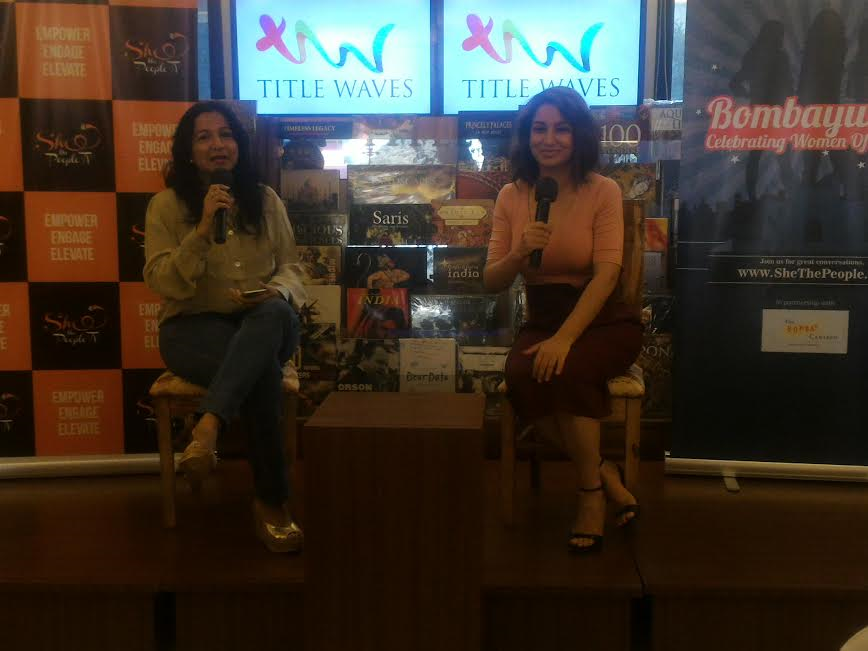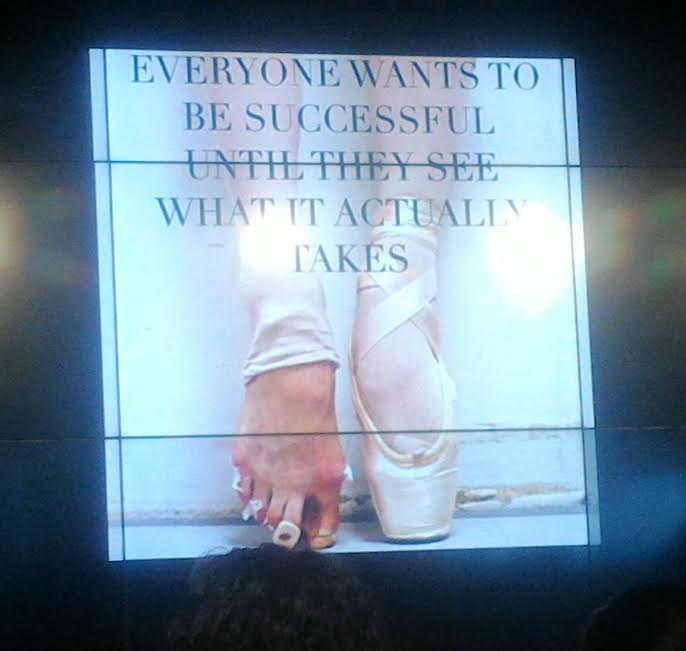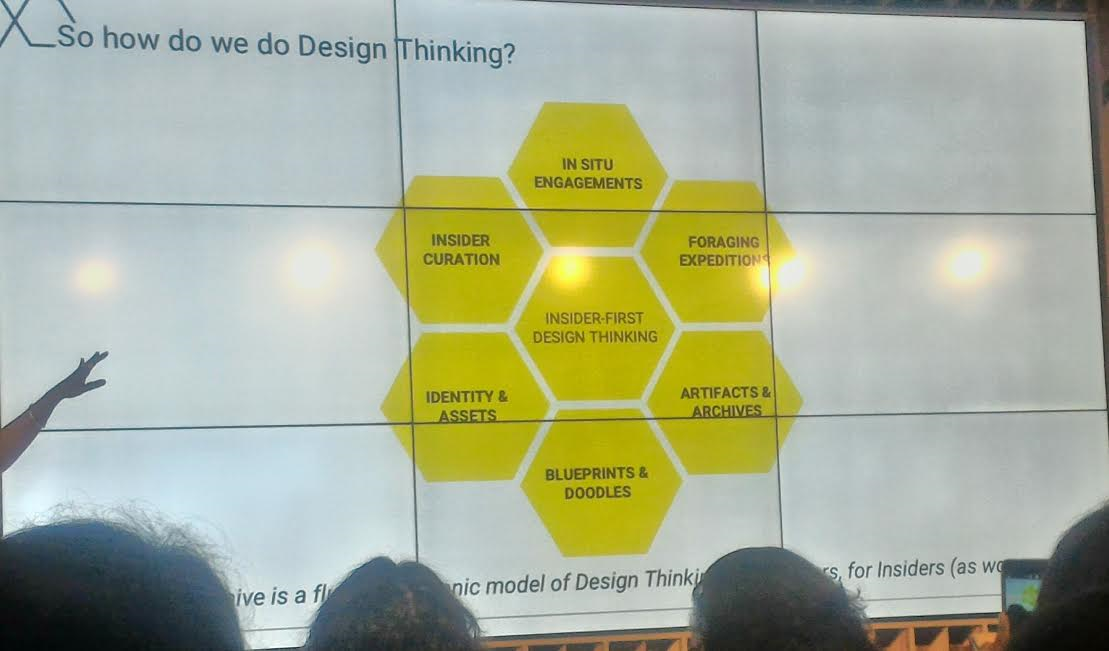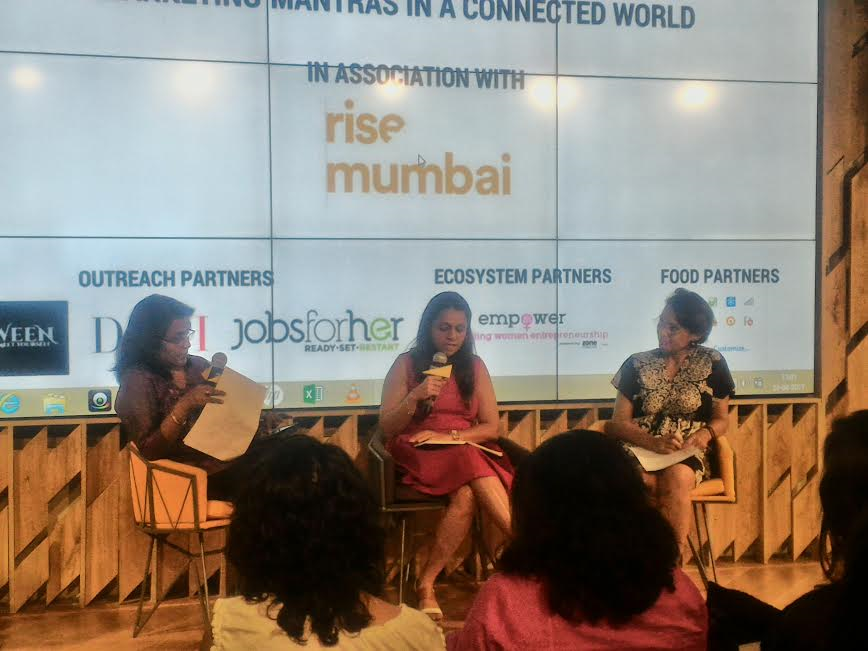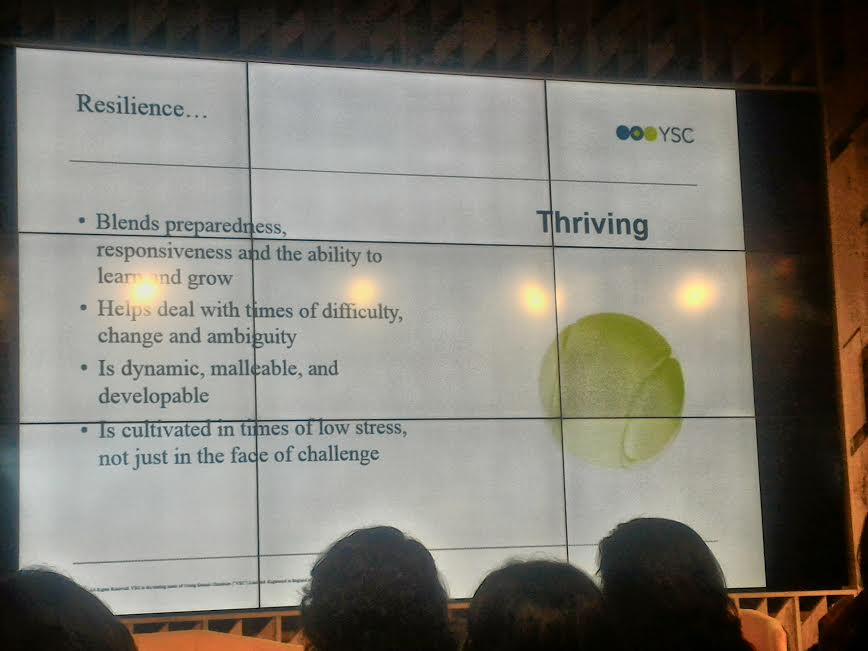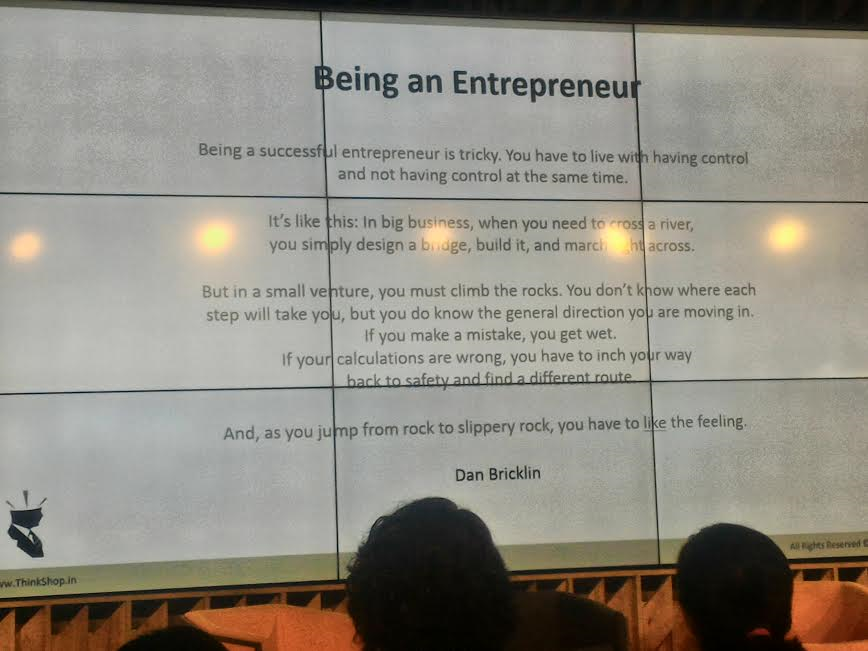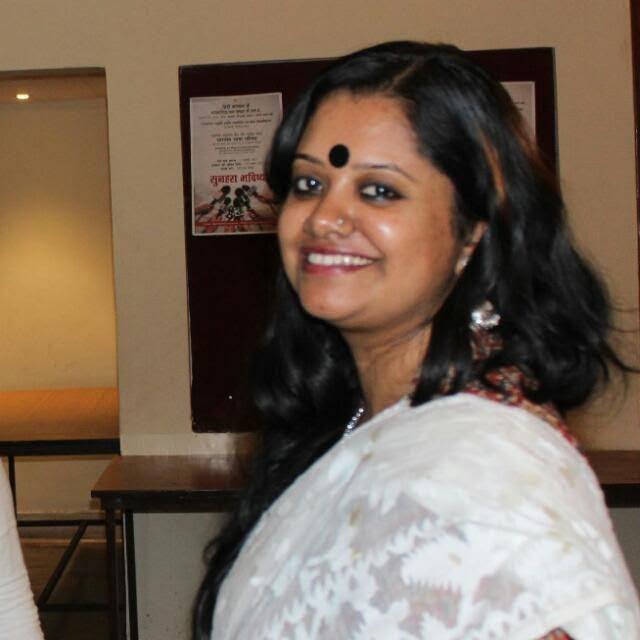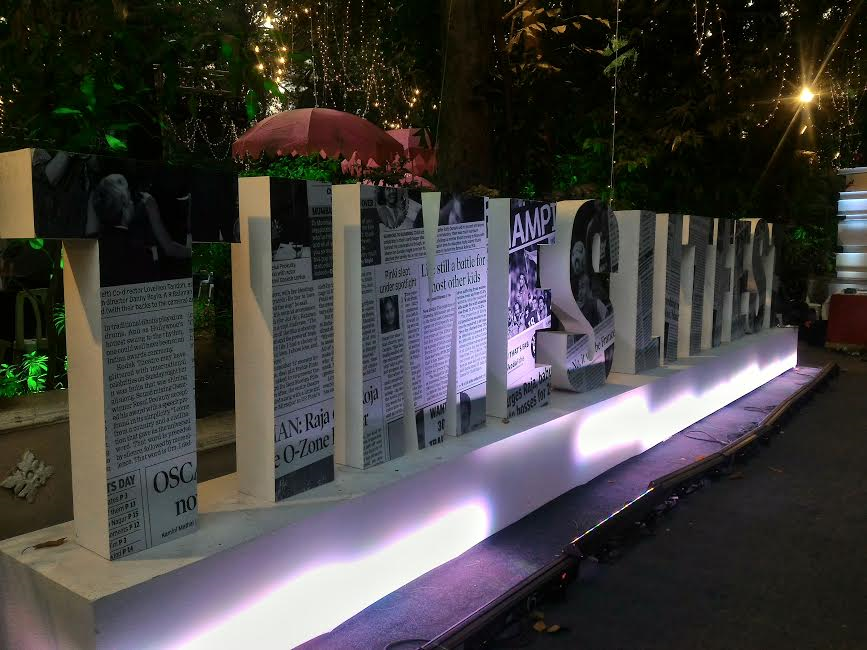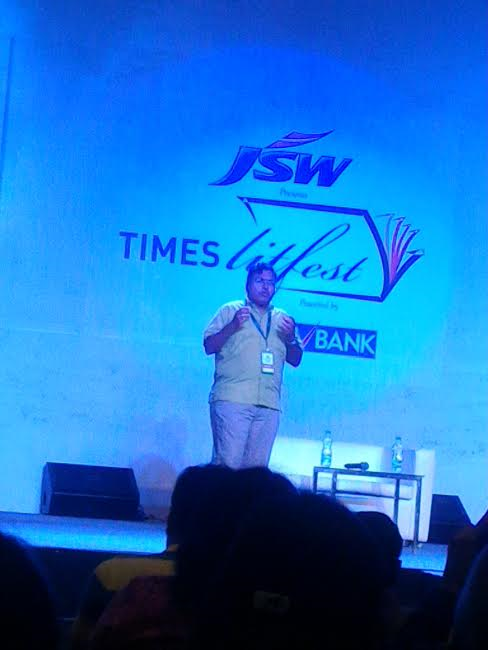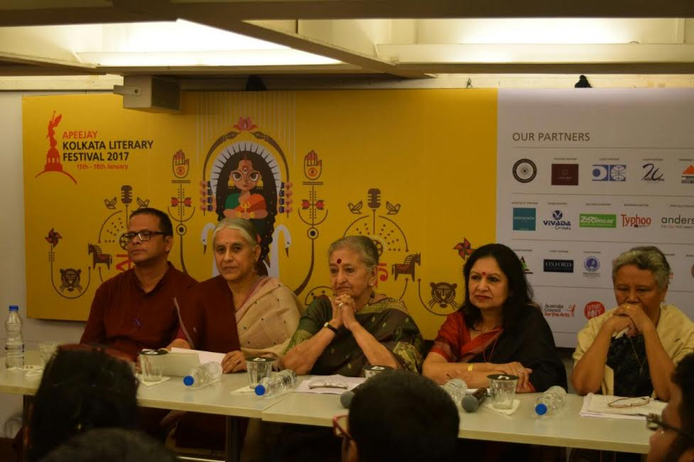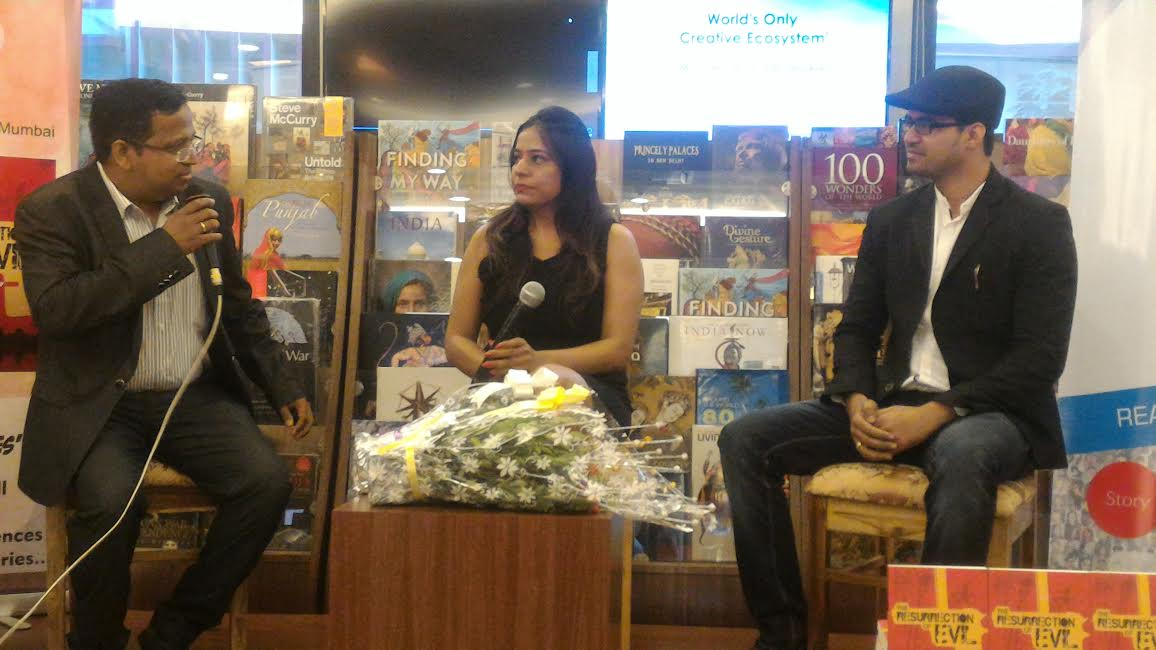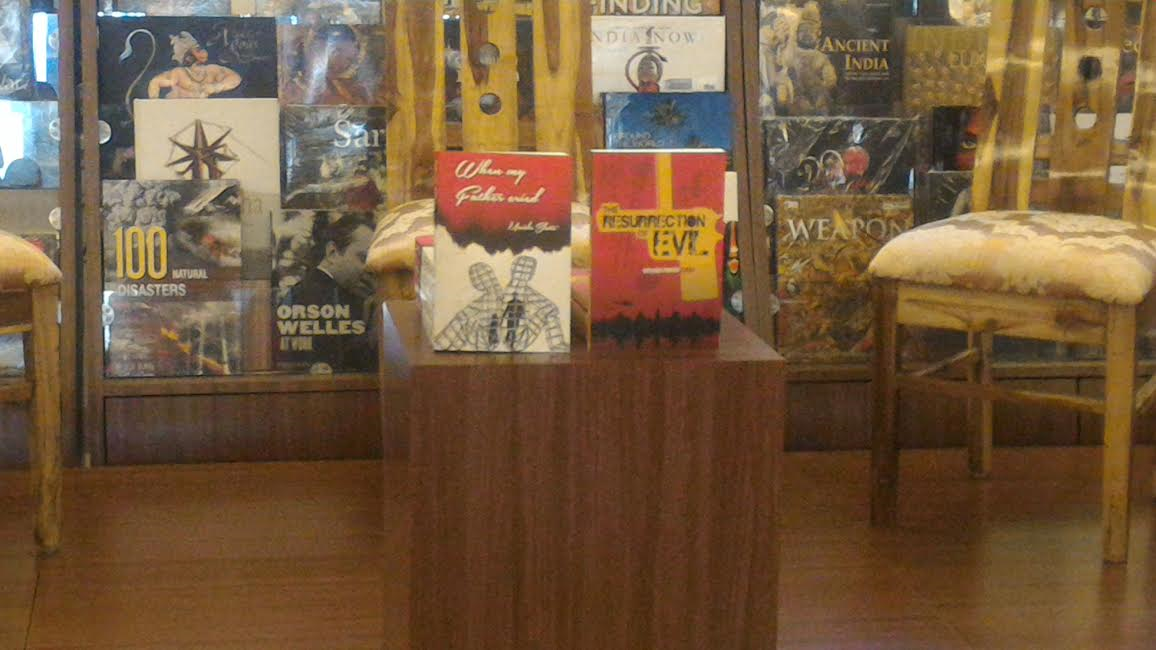The virtual transcended upon the real on the auditorium of Ashutosh Birth Centenary Hall of the Indian Museum as eight poets gathered to launch their book, The Virtual Reality with other artists complementing them on the eve of Christmas. Poets, painters, dancers, filmmakers, professors, translators and individuals belonging to various spheres of life gifted Kolkata an artistic ceremony with the event performing the very theme of the book, virtual reality.
The Virtual Reality is an anthology of poems composed by 8 poems from various parts of the country.
“We wanted to create something from the virtual and the real and we did it,” editor Anindita Bose, a working professional and co-founder of the poetry group, Rhythm Divine explained to the audience.
Earlier, Geethanjali Dilip and Akash Sagar Chauhan had come out with a book, Between Moms and Sons.
“We met virtually and after our first book together, we decided to go for this book. We then approached other poets who we knew could make significant contributions to the concept of ‘virtual reality,” Geethanjali said in her interview.
Here’s a brief details of the poets:
The eight poets of The Virtual Reality are: Akash Sagar Chauhan, Anindita Bose, Daipayan Nair, Fatima Afshan, Gauri Dixit, Geethanjali Dilip, Lily Swarn and Sunila Khemchandani.
They met in the social media and 7 of them are based in various parts of India and Sunila is based in Spain.
In a candid interview, poet Anindita talked about the book, The Virtual Reality.
Here are a few glimpses of our conversation:
(1) What would you like to say about the book and the event?
Well, the theme of the book is ‘virtual reality’ and we are conducting the launch following the same theme. The book is going to be released by Sparrow in 2017 but we are doing the launch in December 2016.So that’s even virtual reality. Even with terms of editing, all of us have gone through our works. We met online and sent the manuscript to each other. It has basically been a mutual edit and finally it came to me. The guests are also from various backgrounds.
(2) Was it easy for you to publish a poetry book?
No. Not at all. The publishers were not ready to publish. Finally Sparrow agreed.

The audience were introduced to the event with Sufia Khatoon conducting life painting on the stage followed by the dance of Devamita Goswami.
“Our book has paintings done by the poets giving a visual impact to the theme,” Anindita explained to me at the green room. “The whole concept of this launch, the live painting, the dance without any formal introduction, the music along with the discussions was tuned to fit into the theme of ‘virtual reality.’
The launch had an artistic and intellectual flair to it, enriching our knowledge and also entertaining the audience at the same time.

The dance was followed by the introduction of the poets, discussion of the chief guests and the launch of the book.
Eminent personalities like filmmaker Mr. Supriyo Sengupta (Founder and head of IMI Film Club Kolkata, assistant director of Te3n, Kahani2 among others), Dr. Debdutta Gupta (faculty of Art History of Rabindra Bharati University), Ms. Aditi Basuroy (guest lecturer at Rabindra Bharati University, Kolkata, senior sub editor at Sangbad Pratidin, contributor in Femina Bangla), Mr. Anindya Sundar Paul (Assistant Trasnlator of the Govt. Of West Bengal in the Home & Hill Affairs Dept.), Dr. Amit Shankar Saha (Faculty of Department of English, Seacom Skills university, researcher writer and poet, co-founder and coordinator of Rhythm Divine) graced the event. Other guests included, Dr. Sharmila Ray (Poet and Associate Professor of History), Mr. Rajnish Gambhir (author), Dr. Sushanta Banerjee ( Director, American Library).
The chief guests, the speakers, the poets, along with Sufia Khatoon (Poet and Co founder of Rhythm Divine) launched the book.

In the three hour long programme, the audience were treated with a short video clip on ‘virtual reality’ and music and dance performances.
In the sessions that accompanied the book launch, the guests talked about the relevance of the book drawing references from their individual spheres of expertise:
• Dr. Debdutta Gupta narrated the use of virtual reality in Indian literature, citing examples from Ramayana ( Sita’s desire for the golden deer), the Mahabharata ( where Krishna’s magic prevented the sun from setting) among the innumerable texts where poets and authors have created this ‘virtual reality.’ He explained that it is through poets and other artists that virtual reality has come to exist.
• Mr. Supriyo Sengupta talked about his journey as a maths teacher to a filmmaker, he stated that “what we are visualizing may not be true at that moment but might be materialized years later” and that’s what virtual reality is for all of us. He established the relevance of the theme of the book with his tools of knowledge, numbers, filmmaking and life.
• Ms. Aditi Basuroy said “virtual reality is part of my existence. It is like a nuclear bomb, one can use it for growing plants or one can use it for destruction. It depends on how you can manage.”
• According to Mr. Anindya Sundar Pal, “virtual reality is a parallel reality and it is very much a reality.”
• “Long ago three wise men followed a star and brought gifts for Jesus,” remarked Dr. Amit Shankar Saha, “This Christmas season, more than two thousand years later, eight wise poets too followed a star and brought for us this gift of an anthology of poems titled ‘The Virtual Reality’ I congratulate Anindita Bose and all other contributors to this volume and thank them for making me a part of the book launch event.”
• “Rhythm Divine Poets has always initiated the creative space of bridging the gap between the art of writing with the feel of reading,” explained Sufia Khatoon. “The Virtual Reality seemed like a book which was bridging the gap between the virtual as in social networking and the real as in words written by poets around the world. We wish to support more such projects and as a poet myself, I feel very connected to words and the feeling that is generated out of it.”
The book launch was attended by a large audience and it has been my pleasure to attend this book launch event on behalf of The Book Club. I congratulate Anindita and her team of The Virtual Reality for their book. I would like to thank all other artists, the poets of Rhythm Divine, the musicians, the dancers and others for making the evening a memorable one.
Author Bio: Aparajita Dutta is a writer, translator, social activist and a research scholar ( M.Phil, Comparative Literature, Jadavpur University). She is the contributing author of Tell Me a Story, published by Penguin India. She has written for other books and magazines as well. Her interests are gender rights, football, food and travel. Samples of her writing can be found in her blog: www.crystallasia.wordpress.com. 